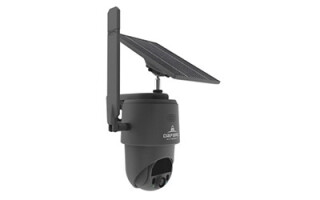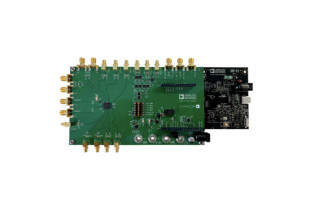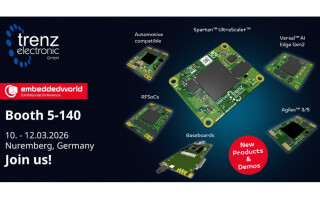Avnet Introduces Indoor Air Quality Sensor HAT for Raspberry Pi for Rapid Prototyping
August 13, 2020
News

Sensor HAT based on Renesas ZMOD4410 module accelerates design of products requiring indoor air quality measurement capabilities.
Global technology solutions provider Avnet announced the availability of a specialized sensor HAT* for Raspberry Pi. The Avnet-designed evaluation, development, and quick-prototyping tool is intended for engineering professionals who need quick development of commercial, industrial, heating, ventilation, and air conditioning products requiring advanced indoor air quality measurement capabilities.
The HAT features an on-board calibrated Renesas ZMOD4410 sensor that measures the concentrations of total volatile organic compounds (TVOCs) from parts-per-billion to parts-per-million and can estimate carbon dioxide (eCO2) levels. These are ideal indicators for monitoring indoor air quality. All sensors are electrically and chemically (gas) tested with lab calibration data stored in each ZMOD4410 sensor’s built-in nonvolatile memory.
In addition to the ZMOD4410 sensor, the HAT incorporates a Renesas HS3001 high-precision relative humidity and temperature sensor, along with software-controlled status LEDs. Connection points are also available to measure the ZMOD4410 active current consumption, which is useful when integrating the sensor and its software into products powered by extended life batteries.
Avnet provides a pre-compiled test application that runs on the Raspberry Pi operation system and can measure TVOC and eCO2 out of the box. The application is built with Renesas’ proprietary licensed algorithms. For production purposes, customers may obtain the algorithms directly from Renesas under terms of their software license agreement.
The Avnet-designed sensor HAT for Raspberry Pi, named AES-RHSEN-ZM44-G, is available in the Americas today for $49.95.
*HAT stands for “hardware attached on top,” a hardware specification for add-on modules for the Raspberry Pi model B+. HATs have several advantages compared to older add-on modules for the Raspberry Pi, such as no soldering required — just plug it onto the Raspberry Pi.
For more information, visit: Avnet





